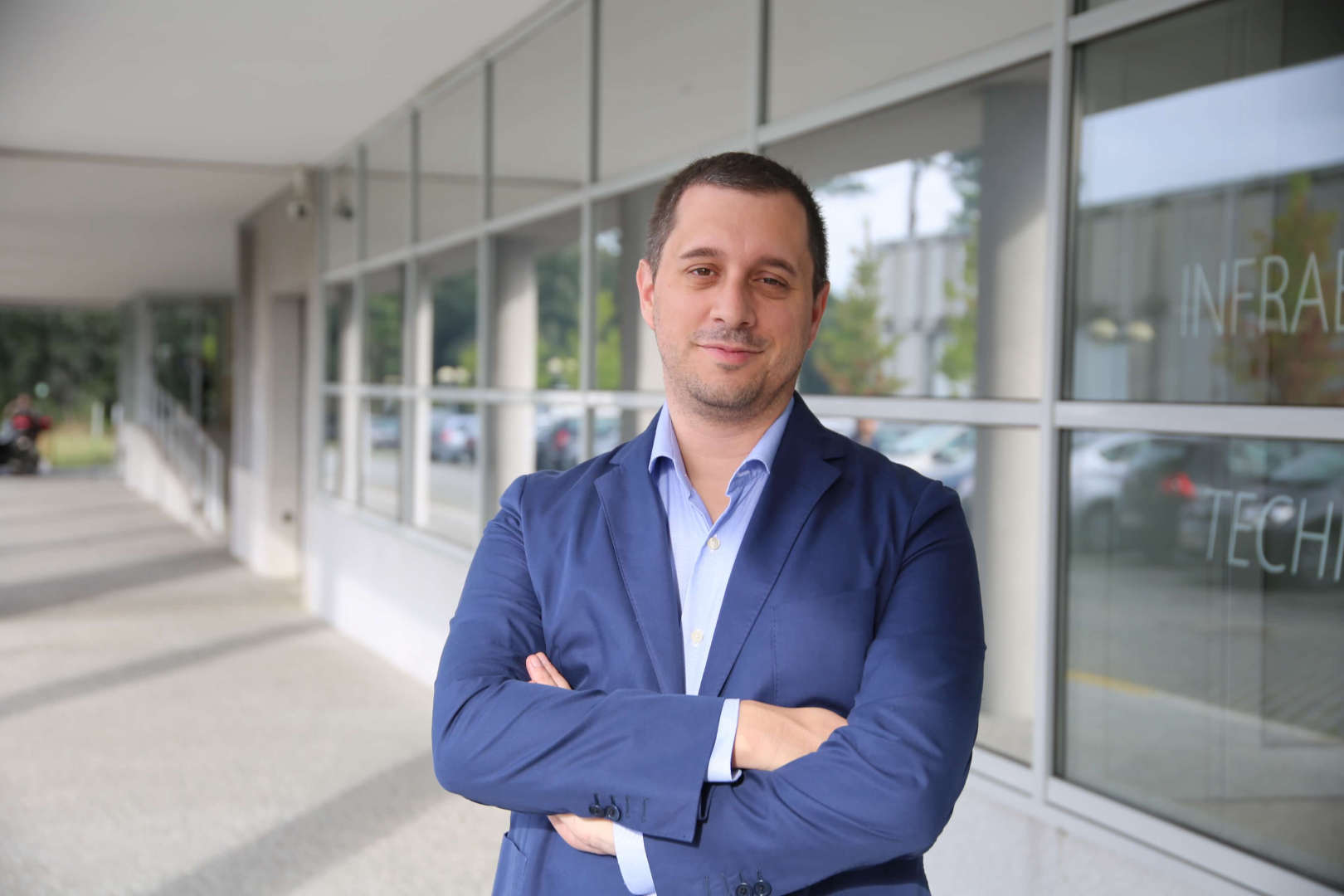Sobre
Ricardo Bessa (IEEE Fellow) nasceu em 1983, em Viseu, Portugal. Obteve o grau de Licenciado (cinco anos) em Engenharia Electrotécnica e de Computadores pela Faculdade de Engenharia da Universidade do Porto (FEUP) em 2006. Em 2008, concluiu o grau de Mestre em Análise de Dados e Sistemas de Apoio à Decisão pela Faculdade de Economia da Universidade do Porto (FEP). Obteve o grau de Doutor em 2013 no âmbito do Programa Doutoral em Sistemas de Energia Sustentáveis (MIT Portugal), na FEUP. Atualmente, é coordenador do Centro de Sistemas de Energia do INESC TEC. As suas atividades de investigação e inovação centram-se na aplicação de inteligência artificial e de métodos baseados em dados à operação de sistemas elétricos de energia, à integração de energias renováveis e às redes inteligentes.
Ricardo Bessa tem participado ativamente em vários projetos internacionais de investigação e inovação, incluindo o projeto europeu FP6 ANEMOS.plus, FP7 SuSTAINABLE, FP7 evolvDSO, H2020 UPGRID, H2020 InteGrid, H2020 Smart4RES, H2020 InterConnect, Horizon Europe ENERSHARE, ENFIELD e AI4REALNET (Coordenador). Liderou igualmente colaborações internacionais com o Argonne National Laboratory, no âmbito do Departamento de Energia dos Estados Unidos. A nível nacional, contribuiu para o desenvolvimento de sistemas operacionais de previsão de produção de energia renovável e prestou serviços de consultoria nas áreas de analítica de energia e redes elétricas inteligentes.
Exerceu funções de Editor das revistas IEEE Transactions on Sustainable Energy, Modern Power Systems and Clean Energy, International Journal of Forecasting e IEEE Data Descriptions. Em 2022, recebeu o Energy Systems Integration Group (ESIG) Excellence Award. Ricardo Bessa é coautor de mais de 80 artigos em revistas científicas e de mais de 140 publicações em conferências internacionais.


